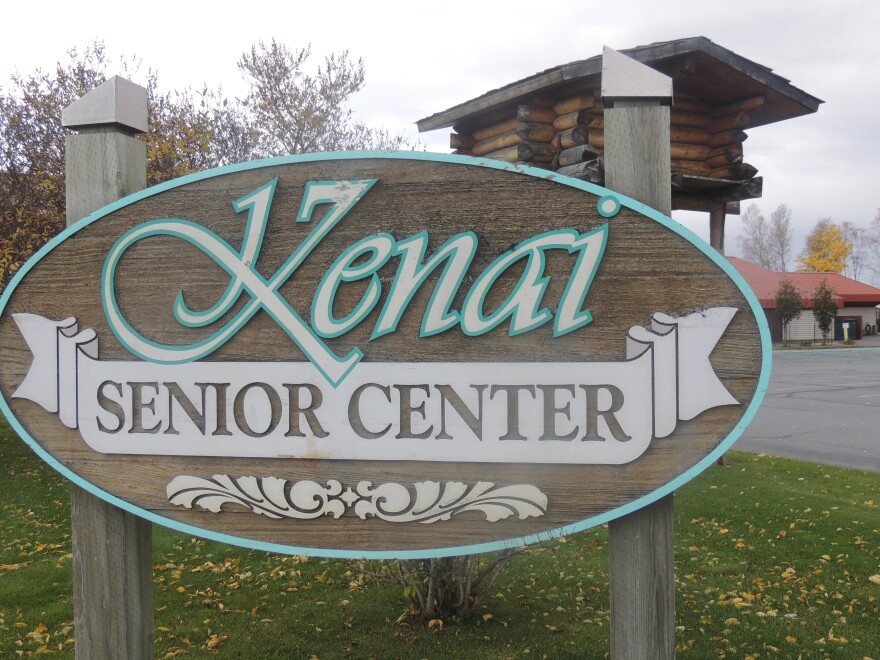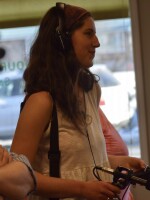Four years ago, when Alaska surveyed its 60-and-older population, seniors said their highest-priority issues were financial security and access to healthcare.
Since 2018, that population has only continued to grow, testing the limits of the state’s eldercare services. Now, the state is conducting an updated survey to take stock of the highest-priority issues facing Alaska seniors today.
Jon Haghayeghi is executive director of the Alaska Commission on Aging, the state’s volunteer advisory board on senior issues. He said the survey is a requirement so that the state can receive federal funds for services like nutrition programs and caregiver support through the Older Americans Act.
And he said throughout the state, his group sees a lot of common trends.
"For example, people have transportation issues," he said. "Isolation issues. Cost of living issues. But what we’re hoping to do is get more information through these surveys that really allow us to know where we are today so we can plan for the next four years."
Over the last 11 years, the population of seniors aged 60 and older on the Kenai Peninsula grew by an estimated 6,597, from 9,986 seniors to 16,583, according to the Department of Labor. Seniors today make up 28 percent of the borough's total population. Statewide, growth of the senior population is expected to continue through 2030.
Meanwhile, the resources for seniors in Alaska — a historically young state — have not always kept pace. For example, senior centers and nonprofits on the Kenai Peninsula report long wait-lists for affordable senior housing.
Haghayeghi said he’s anticipating at least one new factor to play into this year’s survey responses: the pandemic.
"We’re interested in seeing whether or not people — and how — they have been impacted as a result of actions taken at their senior centers, impact on their meal deliveries, that type of thing," he said.
The state’s survey is due by Saturday, Oct. 1. Take it here.






